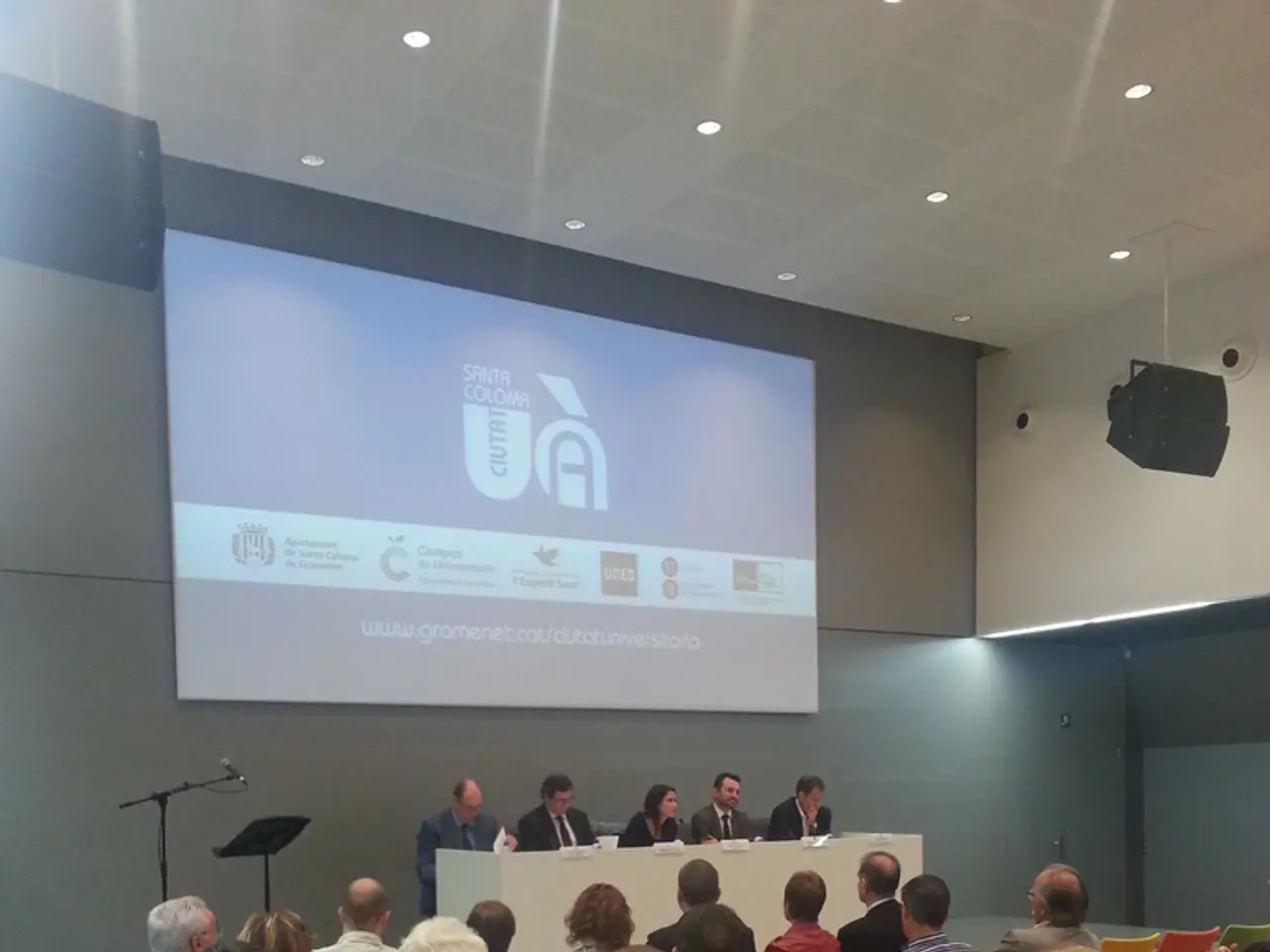Disruption of Initial Gathering by Palang Pracharath Party
In an unexpected turn of events during the first session of Thailand's new legislative year on July 3, 2025, the House of Representatives was forced to adjourn prematurely due to a quorum issue. The quorum, requiring 247 out of 494 MPs to be present, was not met, causing a disruption in the parliamentary proceedings.
The session, presided over by First Deputy House Speaker Pichet Chuamuangphan, began amid concerns over the government's slim parliamentary majority. Akkara Thongjaisod, an MP from the opposition Palang Pracharath Party, called for a quorum count, revealing insufficient attendance. Despite attempts to allow time for coalition MPs to arrive, the quorum was not met, leading to the adjournment of the meeting.
Several factors contributed to the low attendance, including a special cabinet meeting that kept many ministers—who are also MPs—away, as well as concurrent committee meetings. House Speaker Wan Muhamad Noor Matha emphasised that it is the duty of MPs from all parties to ensure attendance to meet quorum requirements.
The adjournment has exposed the current government's fragile parliamentary support and political instability, reinforcing concerns about the coalition's ability to manage legislative business. In response, government whips are discussing strategies, including the potential postponement or withdrawal of key legislation such as the Entertainment Complex Bill.
Acting Prime Minister Phumtham Wechayachai has acknowledged the challenges but urged that disruptions are not unusual in parliamentary sessions and should not be hastily interpreted as government instability. He highlighted the importance of coalition party leaders resolving their internal issues and reaffirmed his constitutional authority, including the power to dissolve parliament if necessary, though no concrete discussion on dissolution has occurred.
The Bhumjaithai Party's withdrawal from the coalition earlier this year has further complicated the situation, leaving the coalition with a slim majority. The quorum shortfall was partly due to several MPs being away for the royal swearing-in ceremony.
The incident may have implications for Thailand's legislative agenda, including potential delays in passing important bills, increased political uncertainty, and potential damage to the government's public image. The opposition has seized upon the incident, with Pattarapong Leelapat, a Chiang Mai MP for the People's Party, stating that the adjournment indicates government instability.
In an effort to prevent similar incidents in the future, Suriya Jungrungreangkit, Transport Minister and a prominent figure in the Pheu Thai Party, instructed coalition MPs to be present at future sessions. The refusal to proceed with a quorum count was a deliberate move to conceal this instability, according to Pattarapong Leelapat.
As Thailand's new legislative session continues, it remains to be seen how the coalition will navigate these challenges and maintain a stable parliamentary majority.
- The adjournment of the first session of Thailand's new legislative year, due to a quorum issue, has raised questions about the government's parliamentary majority and political stability, as highlighted by the opposition party.
- Amid concerns over the coalition's ability to manage legislative business, the incident has sparked discussions among government whips about potential postponement or withdrawal of key policy-and-legislation such as the Entertainment Complex Bill, given the fragile parliamentary support.








